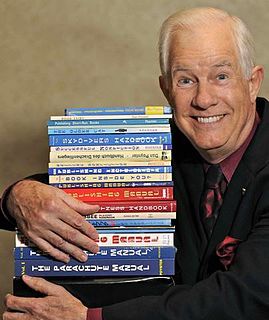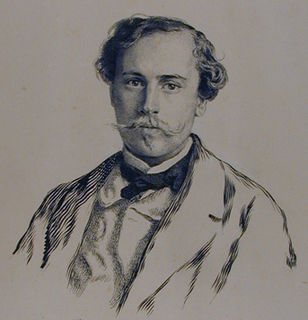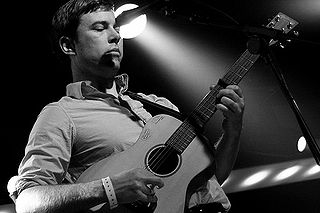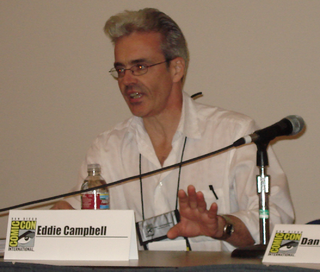A Quote by Gabrielle Zevin
Writing blurbs for books means you have to read the book, and it cuts into the business of bookselling. So every time I get a blurb from a bookseller, I try to write a thank you note.
Related Quotes
You can't write a book if you've never read a book. And if you've read five books and you try to write a book, your book will mainly encompass the themes and the context of the five books you've read. Now, the more books you read, the more you can bring to a book when you decide to write one. So the more rap I learned, the more I was able to bring to rap when I decided to rap. But this was all subconscious.
I have learned that my assignment is to write books for people who do not like to read books. I really try to connect with people who are not given to spending a lot of time with an open book. Pay day to me is when somebody comes up to me and says, "I never read books but I read yours." I have a heart for that person.
Well, first you have to love writing. A lot of authors love having written. But I enjoy the actual writing. Beside that, I think the main reason I can be so prolific is the huge amount of planning I do before I start to write. I do a very complete, chapter-by-chapter outline of every book I write. When I sit down to write, I already know everything that's going to happen in the book. This means I've done all the important thinking, and I can relax and enjoy the writing. I could never write so many books if I didn't outline them first.
A sign of the times: there are no longer any chairs in the bookshops along the embankments. [Noël] France was the last bookseller who provided chairs where you could sit down and chat and waste a little time between sales. Nowadays books are bought standing. A request for a book and the naming of the price: that is the sort of transaction to which the all-devouring activity of modern trade has reduced bookselling, which used to be a matter for dawdling, idling, and chatty, friendly browsing.
A lot of people get to the point in their careers where blurbs are ghostwritten for them, because they're like, "I want to support this person, it's good for my career," and so they get someone at the publishing house to do it, or they copy something from the press release. People write their own blurbs, absolutely, some huge percentage of the time.
To the question of writing at all we have sometimes been counselled to forget it, or rather the writing of books. What is required, we are told, is plays and films. Books are out of date! The book is dead, long live television! One question which is not even raised let alone considered is: Who will write the drama and film scripts when the generation that can read and write has been used up?
Write what you want to read. So many people think they need to write a particular kind of book, or imitate a successful style, in order to be published. I've known people who felt they had to model their book on existing blockbusters, or write in a genre that's supposed to be "hot right now" in order to get agents and publishers interested. But if you're writing in a genre you don't like, or modeling yourself on a book you don't respect, it'll show through. You're your first, most important reader, so write the book that reader really wants to read.

































